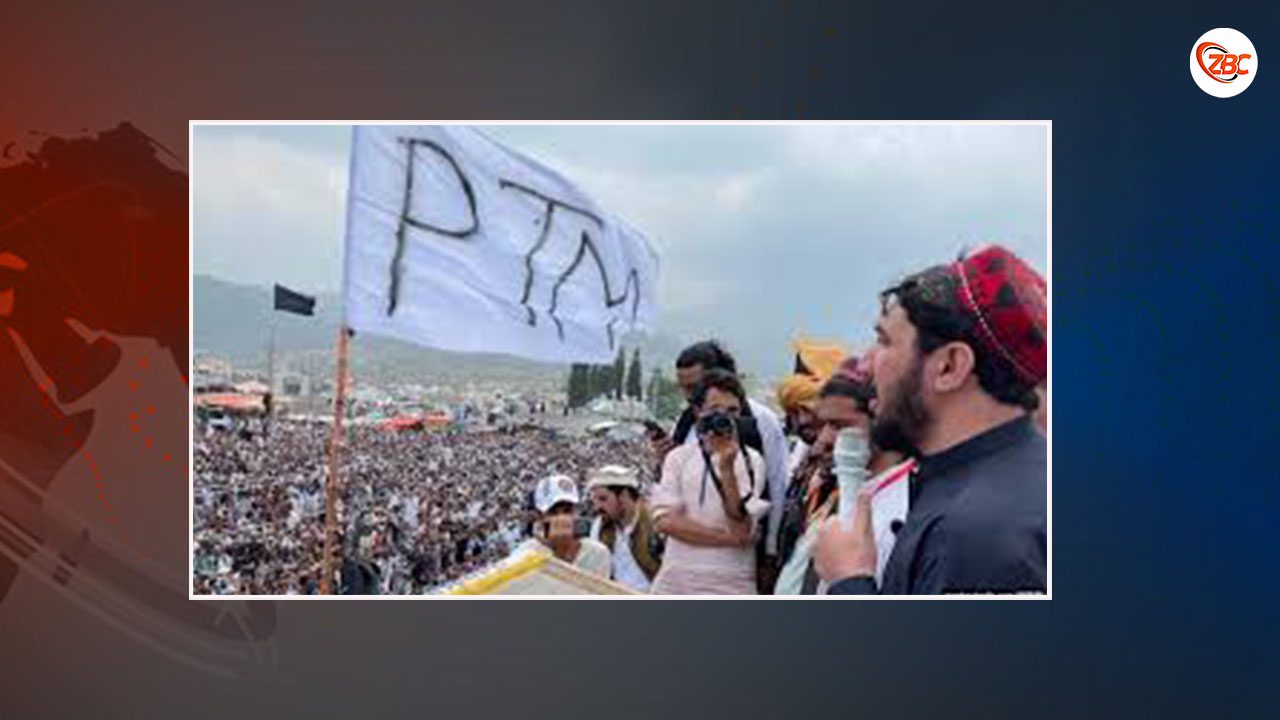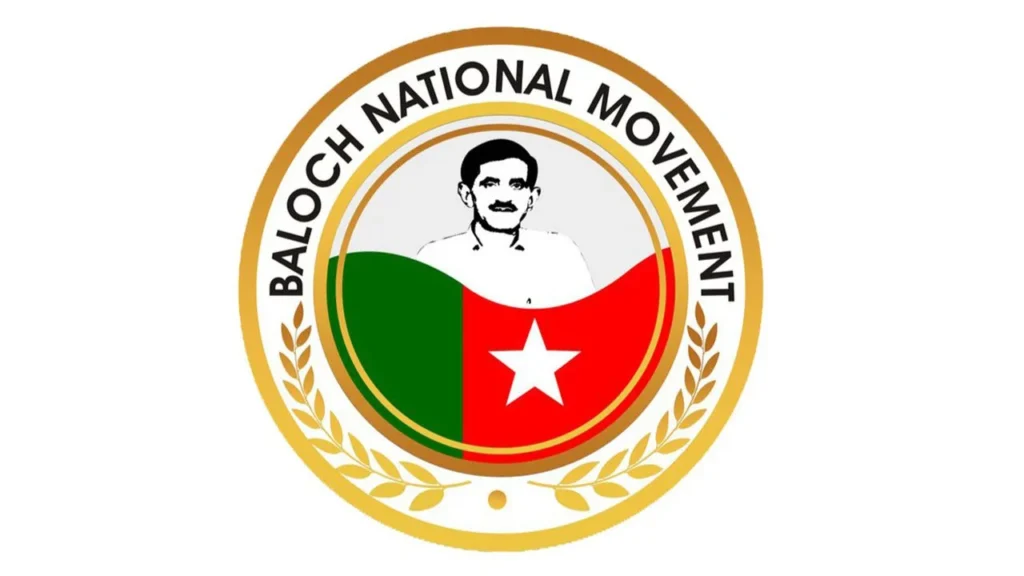
Pashtun Tahafuz Movement (PTM) leader Manzoor Pashteen has accused Pakistan’s state institutions of deliberately creating unrest in Pashtun-majority areas of Khyber Pakhtunkhwa through ongoing military operations, which he claims have left several civilians dead or injured.
In a statement, Pashteen expressed outrage over the renewed violence, saying civilians in districts such as Tirah (Khyber) and Kurram were being trapped in clashes between security forces and militants. He noted that residents from Kurram had taken to the streets in Peshawar to protest against the operations, but their pleas were being ignored by both the government and relevant institutions.
According to PTM’s statement, protesters believe the military actions are part of a broader, systematic policy designed to suppress Pashtun populations and seize control of their natural resources.
The statement also criticized Pashtun officials working within state structures, saying they portray themselves as representatives of their people but remain subservient to central power hubs and are unable to address even basic community issues.
Pashteen further alleged that residents of the upper Pashtun belt were being forcibly displaced, while the closure of the Torkham border had worsened their suffering. Thousands of people, he said, are living in dire conditions under open skies, with no meaningful response from authorities.
He added that several welfare groups had attempted to set up medical and relief camps for the displaced population, but their initiatives were halted under pressure from the state. Despite such restrictions, volunteers continued providing assistance with the support of local communities.
The movement said reports from South Waziristan including Sarmaki, Ladha, and Azam Warsak as well as North Waziristan, Bannu, Jani Khel, Baka Khel, Bajor, Hassan Khel and Peshawar, point to a surge in civilian casualties in recent months.
PTM accused state institutions of following a calculated strategy to keep the region unstable. It claimed that under the banner of “defence” and “counterterrorism,” these institutions themselves perpetuate violence and later use it to tighten control over local resources.
Pashteen also alleged that state-backed media outlets and certain Pashtun figures were being used to promote what he described as Punjab-centric propaganda, aimed at dividing Pashtuns and weakening their unity.
In conclusion, PTM urged activists and the public to speak out against injustices and forced displacements, to join peaceful protests, and to support affected families. The statement called on supporters to maintain unity, discipline, and a spirit of collective resistance.


